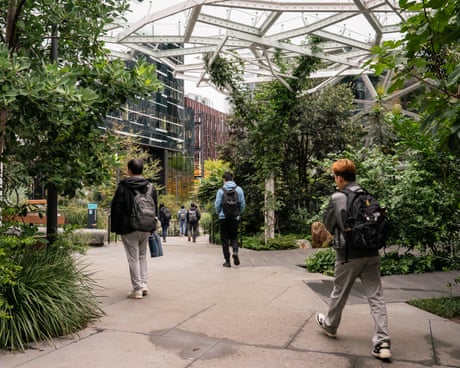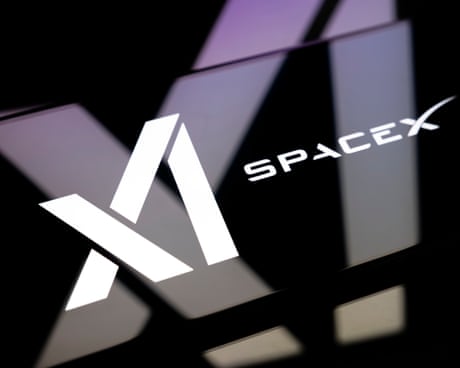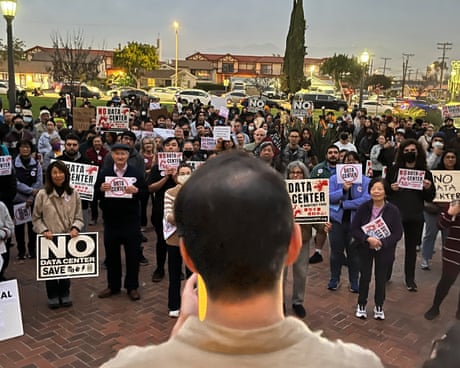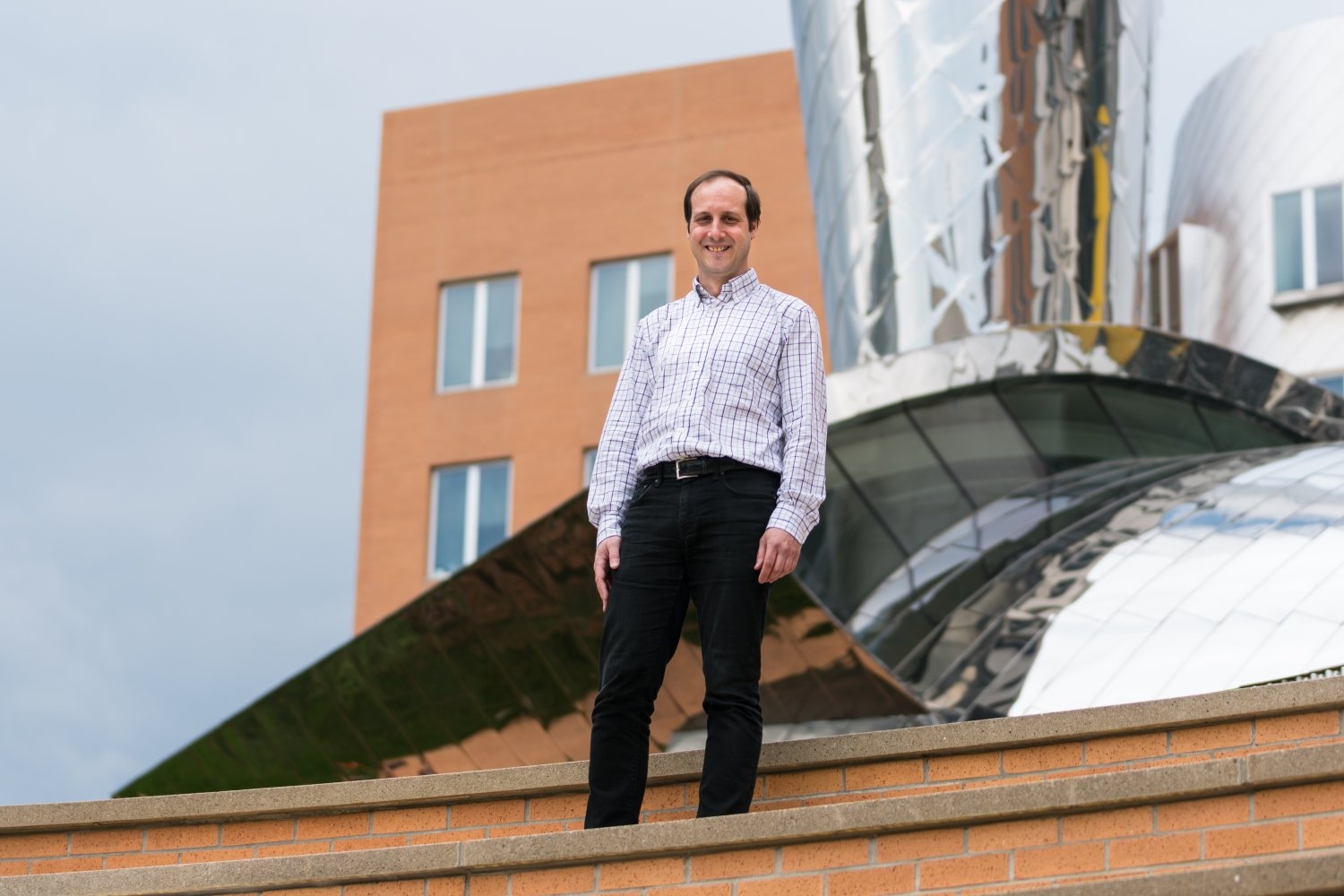AI impact on workplace layoffs questioned by experts; factors like tariffs, overhiring, profit maximization may play bigger role. US corporate leaders blaming AI for layoffs, but economists skeptical, citing other driving factors.
Amazon Nova LLM-as-a-judge on Amazon SageMaker AI offers customized evaluation criteria for generative AI systems, enhancing performance comparisons. The rubric-based judge provides specific criteria for each prompt, enabling precise evaluation without manual rule creation.
MIT President Sally Kornbluth discusses research, financial pressures, and innovation in diabetes treatment. MIT Assistant Professor John Urschel shares his journey from football to math at MIT.
SpaceX's acquisition of xAI creates a $1.25tn business, merging Musk's rocket company with AI startup. The deal's ambition to bring consciousness to the stars is questioned, but a $1tn valuation for SpaceX and $250bn for xAI is set.
Ai Weiwei, a critic of China's government, recounts emotional trip home after years of surveillance. Detention threat highlights poignant family moment before reuniting with son and mother.
Residents in Monterey Park mobilized against a proposed giant datacenter, inspired by efforts in other US cities. A small group successfully raised awareness about the project in the city, known as the country's first suburban Chinatown.
AI content for scams is now widespread and accessible, with tools for creating deepfake fraud becoming inexpensive and easy to deploy at scale, according to AI experts. The analysis highlights the alarming trend of tailored scams using deepfake videos of prominent figures like Swedish journalists and the president of Cyprus.
GeForce NOW celebrates 6 years with 1B hours streamed. New games like Delta Force and PUBG: BLINDSPOT offer high-octane action and tactical challenges.
AI agents utilizing large language models are transforming tasks with efficiency. MIT and Asari AI's EnCompass automates backtracking and parallel attempts, saving programmers time and effort.
Investors are avoiding software market due to AI uncertainty. Launch of Claude Cowork agent causing market disruption.
Pinterest is cutting 15% of its workforce to focus on AI technology, firing engineers who leaked layoff details. CEO Bill Ready emphasizes AI-forward strategy in the company's restructuring.
Brian Hedden PhD ’12 appointed co-associate dean of SERC at MIT, focusing on ethics of AI and responsible computing. SERC initiative aims to advance interdisciplinary inquiry and cultivate ethical habits in computing technologies.
MIT professor Antonio Torralba named 2025 ACM Fellow for pioneering work in computer vision and AI. Torralba co-authored an 800-page textbook on computer vision and received numerous prestigious awards.
Marketing teams face challenges in the digital era, but leveraging generative AI and historical campaign data can enhance content creation, maintain brand consistency, and improve campaign performance. Integrating Amazon Bedrock, AWS Lambda, and Amazon OpenSearch Serverless can streamline image generation, optimize engagement, and drive conversions in multi-channel marketing environments.
NVIDIA's Nemotron Labs explores how AI-powered document processing streamlines business intelligence, transforming static archives into living knowledge systems. Nemotron RAG models and Parse enable organizations to extract insights from complex documents with precision and transparency, revolutionizing workflows across industries.















